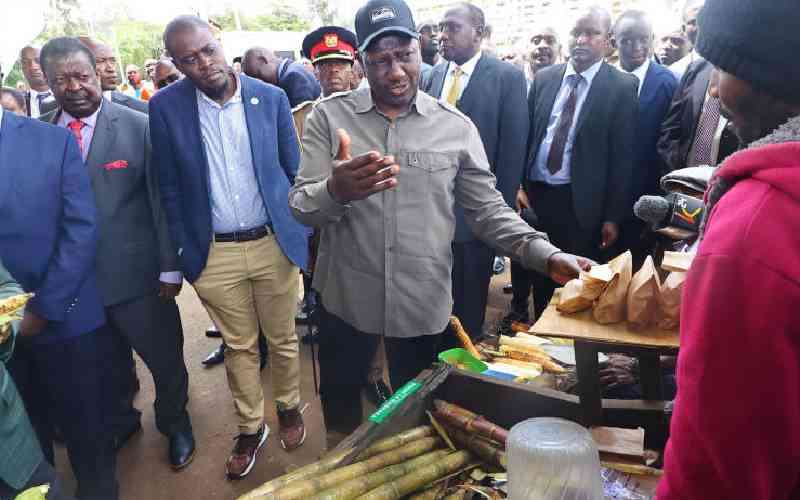×
The Standard e-Paper
Truth Without Fear

President William Ruto plans to spend Sh3.64 trillion in the next financial year - the country's biggest budget in history.
The president's first budget to draw up and implement since taking office on September 13 is 10 per cent higher than the Sh3.3 trillion budget for the current financial year to June 2023, crafted in the last day's of the Jubilee administration and being implemented by Ruto's government.
